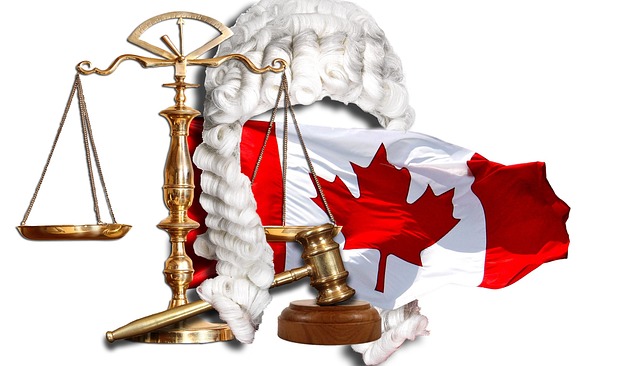Understanding consumer rights in healthcare is vital for legal navigation, with patients increasingly aware of their access to clear information, privacy protection, and fair billing. Consumer protection litigation poses significant challenges for medical practices, involving defenses like challenging informed consent, negating negligence, and demonstrating external factors in harm. Common strategies include disputing evidence validity, causing harm, regulatory compliance, and causation between treatments and injuries to protect against liabilities while ensuring quality care.
In the dynamic landscape of healthcare, understanding legal implications is paramount. This article navigates crucial aspects of healthcare legal issues, focusing on consumer rights, common disputes, and effective defenses. With medical practices under heightened scrutiny, especially in terms of consumer protection litigation, it’s essential to grasp these dynamics. By exploring these areas, healthcare providers can ensure adherence to regulations, mitigate risks, and implement robust defenses, thereby fostering a more transparent and trusted environment.
- Understanding Consumer Rights in Healthcare
- Common Legal Disputes in Medical Practices
- Effective Defenses for Healthcare Providers
Understanding Consumer Rights in Healthcare
Understanding Consumer Rights in Healthcare plays a pivotal role in navigating complex legal landscapes. Patients are increasingly aware of their entitlements, which include access to clear information about treatments, privacy protection, and fair billing practices. This awareness has led to an uptick in consumer protection litigation, where individuals assert their rights against healthcare providers and institutions.
Common Defenses in Consumer Protection Litigation, particularly those involving medical malpractice claims, often focus on establishing informed consent and negating negligence. Healthcare providers may argue that patients were fully apprised of risks and benefits prior to treatment or that any harm was not a direct result of their actions. Moreover, successful winning challenging defense verdicts in these cases requires demonstrating a robust understanding of medical ethics and legal standards. Achieving extraordinary results in healthcare litigation necessitates a strategic approach that balances the patient’s rights with the provider’s responsibilities, ultimately fostering a more transparent and accountable healthcare environment.
Common Legal Disputes in Medical Practices
Medical practices often face a myriad of legal challenges, with disputes arising from various aspects of patient care and business operations. Common legal issues include malpractice claims, where patients allege negligence leading to harm or death. These cases require meticulous examination of medical records, expert testimony, and a thorough understanding of the standard of care. Another prevalent area is healthcare fraud, which involves billing practices, insurance claim manipulation, or false representations about patient treatments.
In consumer protection litigation, medical practices must defend against accusations of unfair or deceptive acts. Common defenses include challenging the validity of evidence, such as misrepresented data or witness testimonies. Healthcare providers may also argue that their actions were not the proximate cause of the alleged harm or that the patient’s injuries were attributable to other factors. Given the complex nature of these cases, successful winning challenging defense verdicts often hinges on robust legal strategies tailored to each unique situation, and a comprehensive understanding of both medical and legal principles. Effective avoidance of indictment in white-collar and economic crimes cases is another critical aspect for healthcare entities to navigate successfully.
Effective Defenses for Healthcare Providers
Healthcare providers face a unique set of legal challenges, particularly in consumer protection litigation. Among the common defenses they employ are challenging the adequacy of patient consent and arguing that their actions were within accepted medical standards. Another strategy is to assert that any harm suffered was not foreseeable given the circumstances. These defenses are crucial for his clients, aiming to protect against potential civil liabilities and, in some cases, avoiding indictment.
Moreover, healthcare professionals can leverage regulatory compliance as a defense, demonstrating adherence to industry standards and guidelines. They may also dispute the causation between their actions and alleged injuries, presenting evidence that alternative treatments could have led to similar outcomes. These approaches reflect a proactive approach to navigating complex legal landscapes, ensuring providers offer quality care while safeguarding against unfounded accusations.
In navigating healthcare legal issues, understanding consumer rights and common disputes is paramount. Effective defenses tailored to these challenges can significantly mitigate risks for healthcare providers. By adopting robust internal protocols, staying informed about regulatory changes, and implementing transparent communication strategies, healthcare professionals can foster trust and avoid potential pitfalls. Remember that proactive measures in consumer protection litigation are key to ensuring ethical practices and patient satisfaction.






